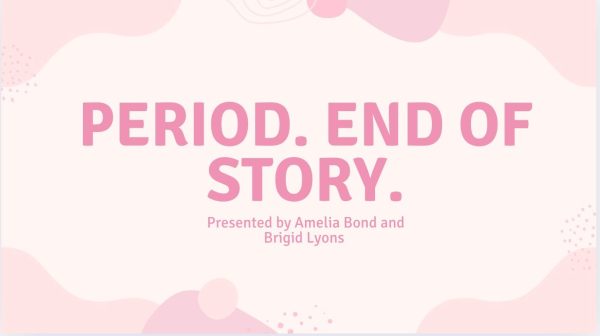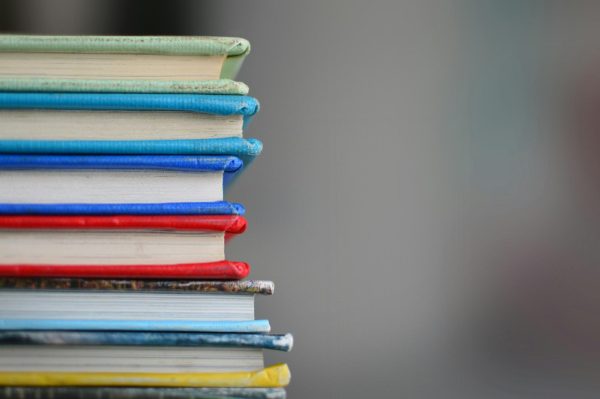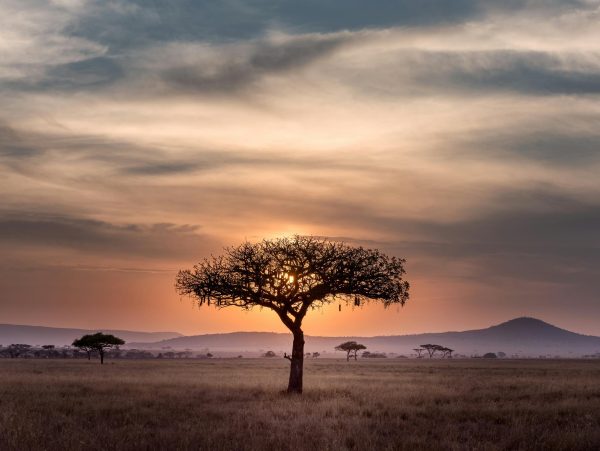An analysis of Things Fall Apart, but not in the way my teacher wants me to…
For a novel that attempts to expose the horrors of colonialism, Things Fall Apart sure goes about it in a funny way. Okonkwo, the main character, is an objectively unlikeable person for Western and non-Western readers alike. Are we supposed to be supporting a character who beats his wives and son at any chance he gets? A character who is the literal embodiment of toxic masculinity, who seems incapable of feeling any emotion but anger? A character who definitely needs to go to therapy and talk about his relationship with his father?
I’m not saying that Okonkwo had to be a perfect character – in fact, a complex and morally gray main character is often what makes ……But I do wonder where the line is. How far are we willing to go to forgive Okonkwo? What does that say about us?
As almost comical as Okonkwo’s failure to be a good person is, it does make me wonder why he was chosen to represent Igbo culture. Okonkwo can’t completely symbolize Igbo culture as a whole, but he is a product of his culture. It certainly doesn’t reflect well on Umuofia and doesn’t make the reader want to root for the Igbo people at all. However, the alternative isn’t good either. I certainly hope we’re not supposed to be rooting for the European colonizers in this situation. In this way, I think Things Fall Apart was successful in showing the violent reality of colonialism but failed to distinguish that we, the readers, should want to preserve Igbo culture in the first place (which, I hope, should be the ultimate takeaway from books like this).
My second criticism of the novel goes a bit deeper. I’ve always been a skeptic and an analyst; I can’t help it. I have difficulty feeling empathy for a character (Okonkwo) who blatantly represents the worst stereotypes of the culture in question – a normalized hatred and disrespect for women, and tendencies toward unnecessary brutal violence (isn’t this novel supposed to help dispel stereotypes, not encourage them?). At countless points during the book I read about Okonkwo’s misogyny and violence with muted shock as I realized that normalizing this type of behavior is dangerous. It didn’t surprise me that Things Fall Apart takes place in the pinnacle of patriarchal society; in fact, the books I read for school do this so often that I’ve come to expect it. What did surprise me was that we barely grazed the surface of these behaviors and their rippling effects in class discussions. It seemed as if we were just supposed to accept these practices. Maybe that was easy for the boys in my class, but it wasn’t easy for me.
Call me crazy, but I’m sick of reading classic, “literary masterpiece”-type novels where women are always secondary characters. It’s ironic that novels can be so symbolically and analytically rich while still employing the blatantly archaic strategy of misogyny. The books I’ve read for school seem to continually reinforce the idea that I’ve been attempting to escape from for my entire life: that male characters will always be valued more than female ones, and by extension, that women will always be underestimated and undervalued in our society. Things Fall Apart was simply an extreme example which made me realize that this is what I’ve been noticing all along.








Currently Doing My TFA Project... • Mar 2, 2025 at 1:50 PM
Thank you! Everywhere I look, everyone seems to praise this book and not mention how uncomfortably Okonkwo’s “heroism” appears or how damaging this feels to African cultures like Igbo. Thank you.
Jane Merritt • Jun 12, 2020 at 7:18 AM
Thank you, Anna, for this well-written critique of Things Fall Apart. It will certainly affect the way I approach teaching the novel in the future. My hope is that students will bring up their concerns in class, so that we can explore them together. This doesn’t mean that I’m going to agree, but it does allow for all of us to gain more clarity. And more importantly, it will definitely create a spirited classroom debate. (Rising Sophomores – please be sure to hold me to this!)
Darren • Mar 14, 2020 at 10:08 AM
Anna, although I enjoyed reading this novel, I shared many of your criticisms. Making Okonkwo be such an inherently unlikeable character made the book tough to read sometimes. I guess I’ve rationalized it (through the presidents we’ve learned about in Mr. Sheldon’s history class) by thinking that you win some and you lose some. This story is one that doesn’t get told that often in Western societies (the dangers of Western colonization), but it also perpetuates this toxic masculinity and gender hierarchy. I don’t know exactly what to think, but I guess I believe that as long as we acknowledge the bad, we can focus in on the good? Also, I appreciate that Garcia Girls directly follows this book in the curriculum and deals with some of these topics.
Anonymous • Mar 12, 2020 at 9:33 AM
I. Love. This. These are the facts that everyone has been too scared to speak.